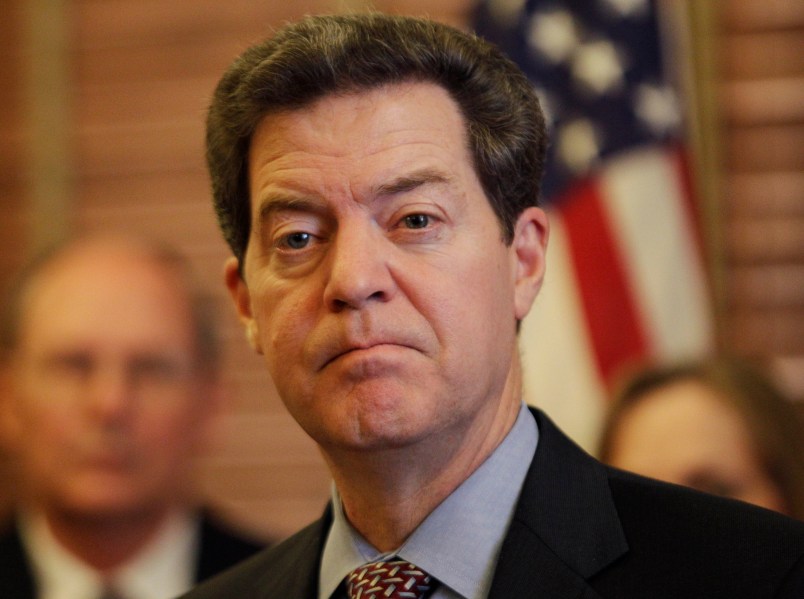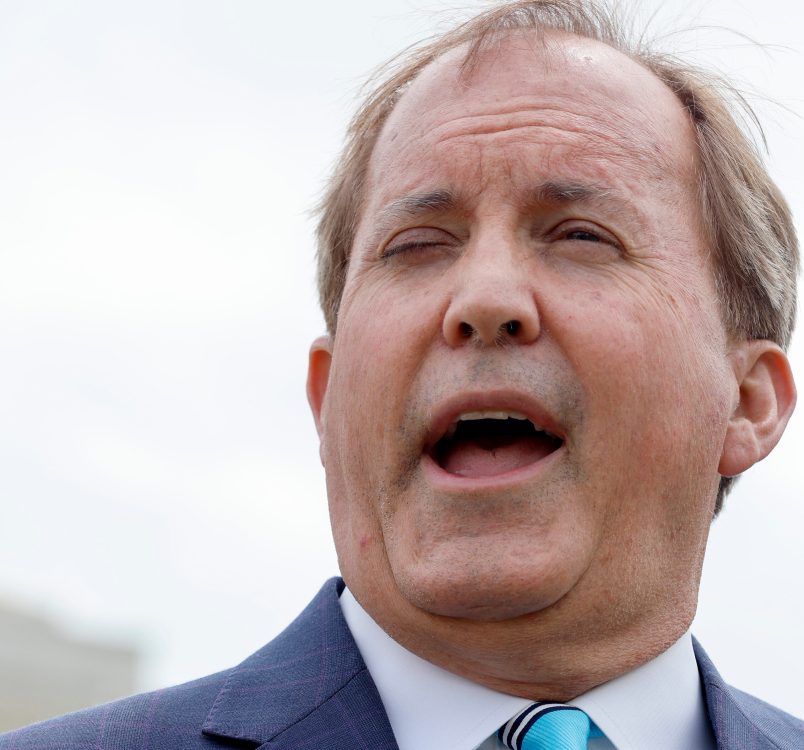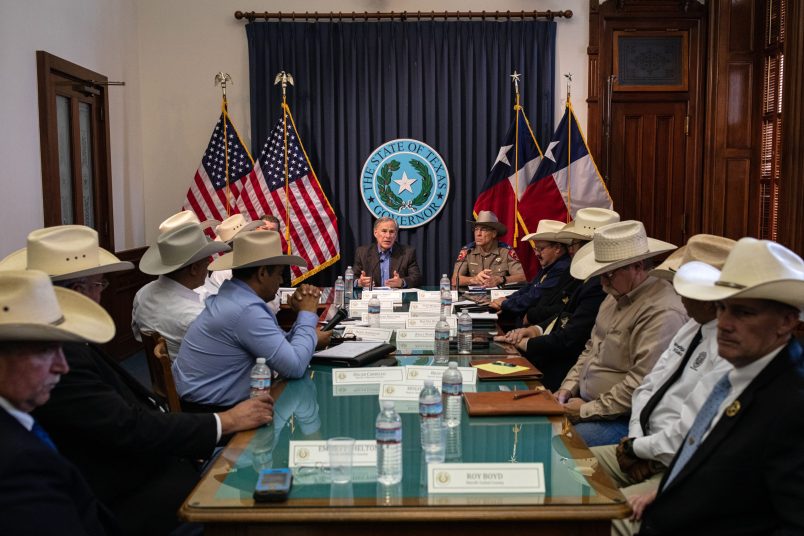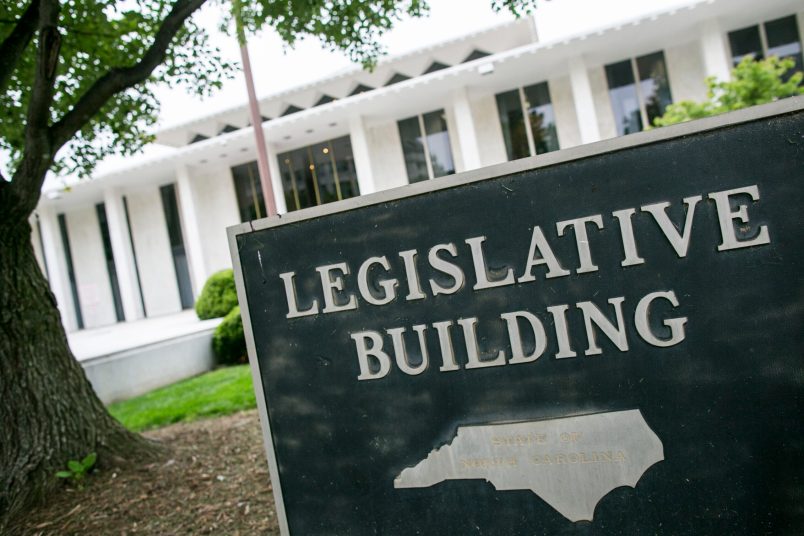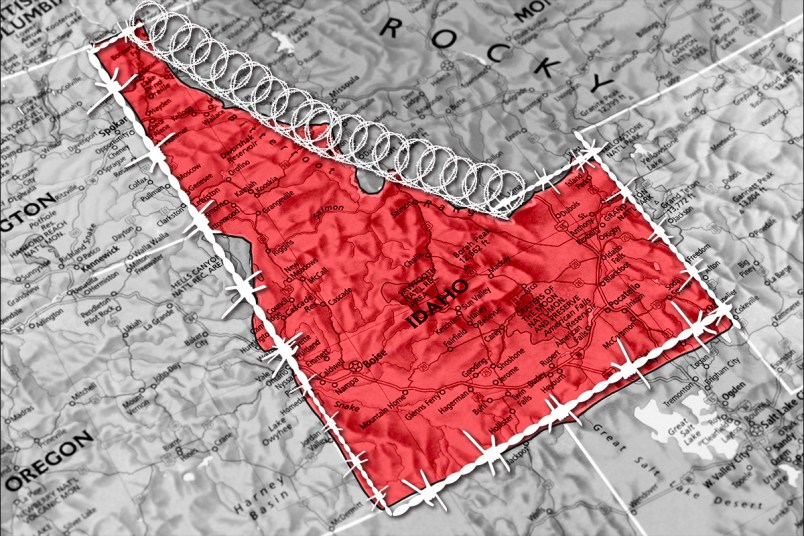There was always a sense that in some states, Republicans’ refusal to expand Medicaid under the Affordable Care Act was at least somewhat rooted in resistance to the President who lent the law its nickname.
Yet one presidential election, a Republican administration and a failed Obamacare repeal bill later, it’s unclear whether the dynamics that have kept 19 states from opting into Medicaid expansion have truly shifted.
The expansion increases eligibility for the program up to 138 percent of the federal poverty line, with the federal government paying for the bulk of the expanded program; it will phase its contribution down slightly to 90 percent by 2020, however. A 2012 Supreme Court decision made states’ participation in Medicaid expansion optional, so even in states where Republican governors have sought to expand the program, GOP legislators have resisted tooth and nail, citing concerns of fiscal responsibility and state sovereignty.
Here are five points on what fundamentals underlying Medicaid politics stand to change under President Donald Trump and whether more states will be encouraged to expand:
Some states renewed their expansion efforts amid Congress’ Obamacare repeal push
As national Republicans considered—and ultimately pulled—Obamacare repeal legislation that would have scaled back Medicaid expansion, policymakers in a handful of non-expansion states revived their efforts to opt into the program. In Kansas, state legislators were just three votes short of overriding Gov. Sam Brownback’s (R) veto of an expansion bill. Virginia Gov. Terry McAuliffe (D) amped up the public pressure to expand Medicaid there, but was ultimately stymied by a GOP-controlled legislature.
A handful of Republican lawmakers in North Carolina also introduced their own expansion proposal, a first coming from any GOP legislator in the state, as their newly-elected Gov. Roy Cooper (D) continues a court battle to enact expansion without the help of the state legislature. Utah Gov. Gary Herbert (R) met with the Trump administration last month to talk about getting waiver approval for a limited version of Medicaid expansion. And voters in Maine will get to weigh in on the issue with a ballot initiative this November.
At least in the case of Virginia, McAuliffe’s push to expand Medicaid appeared to be in reaction to the prospect of U.S. House legislation to repeal Obamacare and the renewed progressive energy around defeating repeal. Elsewhere, the timing may have been coincidental.
The political landscape didn’t drastically change as renewed expansion efforts fell short
That flurry of activity was not necessarily a sign of national momentum toward growing the Medicaid expansion map, health policy experts and consultants who work with states seeking to expand the program told TPM.
In places like Virginia, the renewed effort to expand was a rehash of old fights.
“Unfortunately, because politics are so strong in the states that haven’t expanded yet, I don’t know if we are actually going to see a whole lot of states make it across the [finish] line in the next six months, potentially the next year or two,” said Laura Summers, senior director of the Medicaid practice at the health care consulting firm Leavitt Partners.
In other places like Utah and Idaho, Medicaid expansion appears stuck in a political middle ground: Always on the burner but unable to to be brought to a full boil.
“Politically its just very difficult to do, particularly in the states sort of on the fence. They have been no the fence for a long time, and so getting them to get over the fence, they just don’t have that push just yet,” Summers said.
Uncertainty around the future of Medicaid expansion is a double-edged sword
For some expansion crusaders, the prospect of Republicans eliminating the program down the road has been a motivating factor. North Carolina’s Cooper, for instance, rushed though an expansion application in the final days of the Obama administration in hopes that it would get done before Trump’s inauguration, but state GOP lawmakers sued and had initial success in blocking him from expanding unilaterally under Obama.
In other states, the uncertainty about Medicaid expansion’s fate may be a reason to hold back, according to Diane Rowland, executive vice president at the Kaiser Family Foundation.
“Repeal and replace has put kind of a cautionary damper on, ‘Oh but should we get in before the window closes or if we get in are we stuck before the window closes?’” she said.
Trump loosening the standards around waivers for states may not do the trick
Early on after being confirmed as Health and Human Services Secretary, Tom Price, along with Seema Verma, Trump’s administrator of the Centers for Medicare & Medicaid Services, sent a letter to governors signaling that they would be far more amenable than their predecessors to allowing conservatives to impose extra obstacles, like work requirements or cost sharing, on Medicaid recipients.
“On the surface you would think that that would maybe lower the barriers a little bit or make the idea of expanding Medicaid seem a little more palatable,” Kathy Hempstead, a senior advisor at the Robert Wood Johnson Foundation, told TPM. “That being said, when I talk to people in those states, they don’t sound like they think the fundamentals have changed that much.”
Instead, red states that have already expanded Medicaid may be the ones who take advantage of this new flexibility, according to Summers.
“I do think you will see states that have already expanded resubmit waivers to get more of those elements included,” she said.
State-level political shifts are likely to play biggest role in moving the dial
State elections matter when it comes to Medicaid expansion. The election of Gov. John Bel Edwards (D), who replaced Obamacare-hater Bobby Jindal (R), allowed to that state to expand Medicaid even in the face of a GOP legislature resistant to the move.
In states where the legislature has to give their approval in order to expand Medicaid, more nuanced shifts in state politics is what ultimately moves the dial. Kansas only came as close as it did to expanding the program after the state’s distaste for Brownback—a deeply unpopular, far-right governor—resulted in many of his allies in the legislature being voted out of office last year in favor of Democrats and more moderate Republicans.
“Certainly in Kansas, they shifted to be slightly more moderate than previously, so obviously state legislative elections matter,” Rowland said. “We see in Virginia that the legislature is still resistant, though the governor has tried one again to [expand.]”


